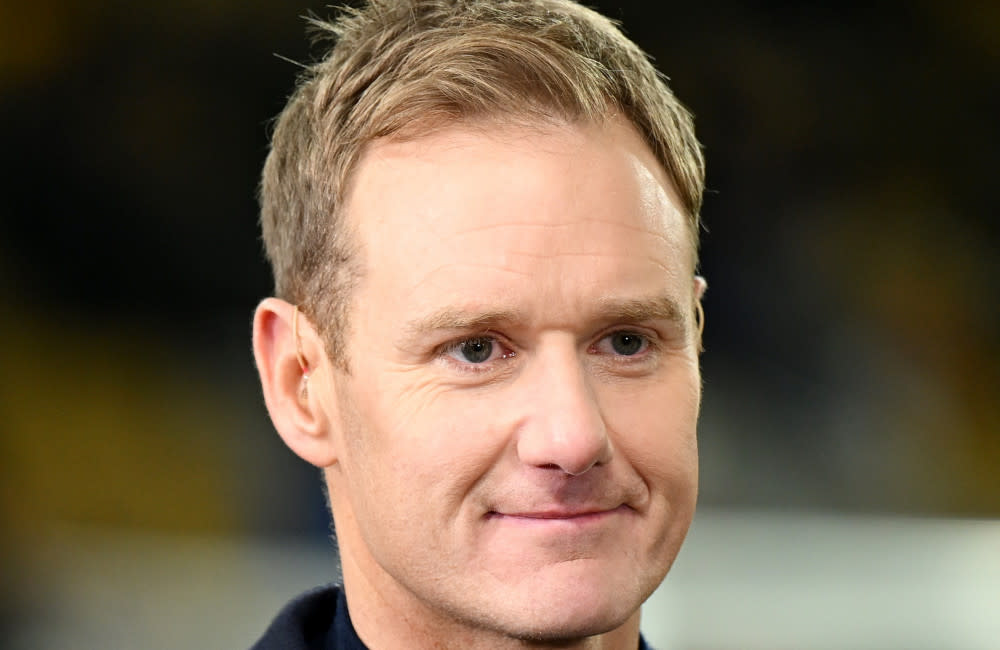Dan Walker reveals how he managed to break the news of Queen Elizabeth's death to the nation

Dan Walker tried to have a "conversation with viewers" when he announced the news of Queen Elizabeth's death.
The 47-year-old journalist was presenting on Channel 5 when the news broke that the late monarch - who died in September 2022 at the age of 96 following a 70-year reign - had passed away, and he recalled having to be "super serious" but also down-to-earth with his approach.
He told Sorted magazine: "When I was at the BBC, now and again, you would go through what they call the obituary procedure: what you would do in the case of what they referred to as a Category 1 death. You need to be super serious, but you also have to have a conversation with your viewers. I don't know if you ever told a member of your family that someone that you both love has passed away.
"That's the conversation you must have. Virtually everybody watching that programme had not known life without the Queen.
"It did feel like we were losing a family member, somebody that we knew. On Channel 5, I said something like, 'I'm going to tell you some breaking news now. I think you might want to sit down for this.'
"That's certainly the way that I would want to hear it if I were on the other end of that TV screen. I just explained what was happening at Balmoral at the time, and I think the nation was prepared for it, but nothing gets you ready for the news that it's actually happened and it's official."
The former 'BBC Breakfast' host has had a varied career in the media having reported on sports, current affairs and even competed in 'Strictly Come Dancing' but admitted that when he first started out, he "never expected" to get anywhere in the industry and initially planned to be a teacher.
He said: "I did A-levels and went on to do a degree in history. And then I did another degree in broadcast journalism.
"I was going to be a teacher, but I was turned down. I went into journalism instead and then got a job on local radio. From there, I started working my way up the greasy pole, or the ladder - however you want to look at it. I never really expected to get anywhere. I just thought this was a cool job. I get to go to football matches, be in a studio, read the news, and present programmes."


